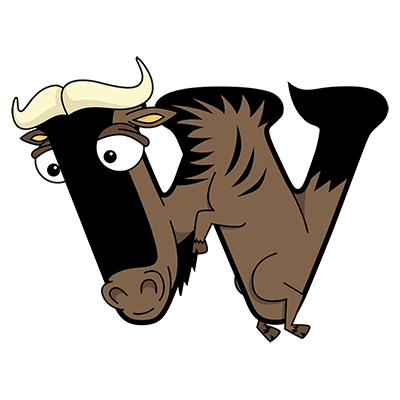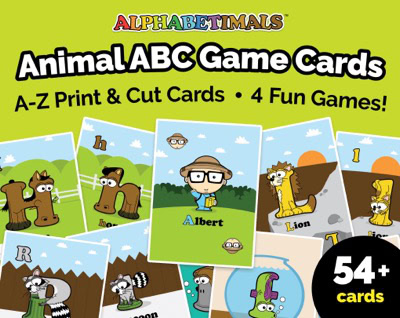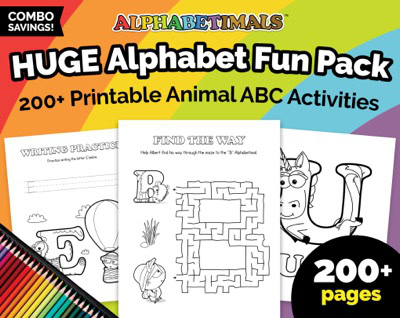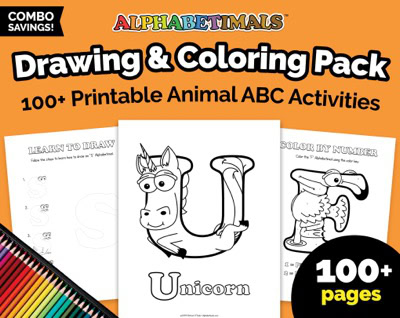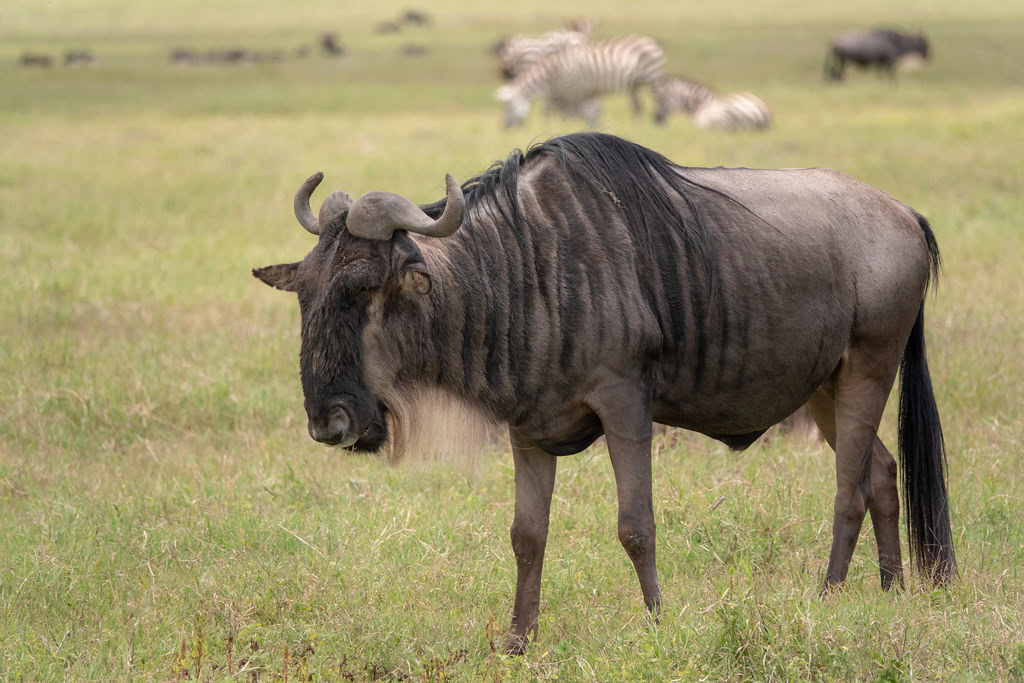
Wildebeest are big animals that look a bit like cows, but they have beards and curved horns. Kids love learning about them because they travel in huge groups called herds. They are amazing to watch and fun to talk about!
Watch a Wildebeest in Action!
Wildebeest travel together—sometimes over a million of them—across wide grasslands. It’s one of the most amazing animal journeys in the world.
What Is a Wildebeest?
Wildebeest, also called gnus, are tall animals with shaggy heads and sturdy bodies. They are part of the antelope family.
- They have curved horns on both males and females.
- They can run fast, like when they race to safety.
- They move in big herds for protection.
Where Do Wildebeests Live?
Wildebeests live on open grasslands and savannas in Africa. They stay where water and grass are nearby.
- East Africa: mostly in Kenya and Tanzania.
- They like flat, grassy areas.
- They travel long distances to find food and water.
What Do Wildebeests Eat?
Wildebeests eat grass and plants all day long.
- They eat many kinds of grass.
- They need lots of water for drinking.
- They spend most time grazing with their herd.
How Big Is a Wildebeest?
A wildebeest is big! Comparing them to things you know helps:
- They stand about as tall as a kitchen counter (around 1.2 m tall).
- They weigh as much as two big refrigerators—around 180 kg (400 lb).
What Sound Do Wildebeests Make?
Wildebeests make deep moos and grunting noises to talk to each other, especially when they feel safe or alarmed.
Cool Wildebeest Facts
Wildebeests are super interesting! Here are some cool facts just for kids:
- They join the Great Migration: over a million move each year across Africa.
- They follow the rain to find fresh grass.
- Baby wildebeests can stand within minutes of being born!
- They travel in big herds to stay safe from lions and crocodiles.
- The males mark their spot by grunting and pawing the ground.
- They travel with zebras because zebras help them find water.
- They can run about 80 km/h (50 mph) when scared.
Printables and Coloring Fun
Time for coloring and games!
Wildebeests in the Eco-System
Wildebeests help make the grasslands a wonderful place for all animals and plants.
- They eat old grass, letting new grass grow.
- They are food for lions, hyenas, and crocodiles.
- There are about 1.5 million wildebeests in the wild.
- They are not endangered, but people help protect their migration routes.
Ask a Grown‑Up to Help You Learn More
Here are some websites with more fun facts you can explore with a grown-up:
- Britannica – Wildebeest
- Wildebeests: Facts, Behaviours, Threats, and Diet
- National Geographic – Blue Wildebeest
Fun Questions About Wildebeests
A baby wildebeest is called a calf.
They can run up to 80 km/h (50 mph) when they need to escape danger.
They stay in groups to stay safe from predators and find food together.
They rest in the grasslands with many others, so they are safe at night.
They eat grass and drink water almost every day.
They can travel over 1,600 km (1,000 miles) during the Great Migration!
Yes! They often travel with zebras to find grass and water together.
They weigh about as much as two refrigerators—around 180 kg (400 lb).
They make deep grunts and moos to talk with their herd.
Yes! They help plants grow, feed other animals, and keep grasslands healthy.
Ways to Donate and Support Wildebeests
You can help keep wildebeests safe by supporting groups that protect where they travel and live.
Sources: Wikipedia, Live Science, Creative Commons, Britannica.com and Freesound.org

Alphabetical list of animals that start with W
A full alphabetical list of popular animal names that begin with the letter W for toddlers and preschool kids.
- Wallaby
- Walrus
- Warthog
- Wasp
- Water Buffalo
- Weasel
- Whale
- Whale Shark
- White Tiger
- Wildebeest
- Wolf
- Wolverine
- Wombat
- Woodlouse
- Woodpecker
- Woolly Mammoth (extinct)
- Worm
- Wrasse
Which one should be the next Alphabetimal? Let us know on our facebook page.
All animals A-Z
Animal phonics alphabet
Animals that start with common phonics digraphs
Animal facts for kids
Other animal collections
Try our Printable Alphabet Worksheets! Download a FREE SAMPLE or preview all 200+ on Etsy.com or TeachersPayTeachers.com
